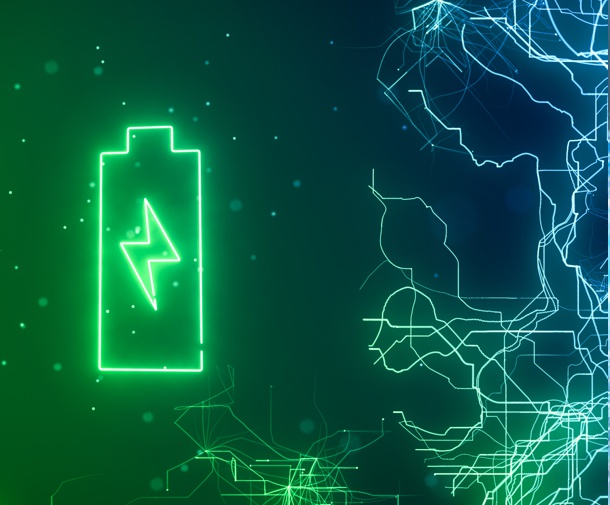- About CPTEn
- Thematic Axes
- Artificial intelligence and data science for energy management
- Regulatory innovation and funding and partnerships models
- Public policies and governance
- Economic analyses for prospection and scenarios
- Education, training and qualification of agents for sustainability
- Transition to renewable energy and bioenergy
- Transition to digital networks and smart consumption (Grid Edge Technology)
- Innovation for smart cities
- Newsletter
- CPTEn NEWSLETTER – Issue 1 – May/June 2023
- CPTEn NEWSLETTER – Issue 2 – July/August/September 2023
- CPTEn NEWSLETTER – Issue 3 – October/November/December 2023
- CPTEn NEWSLETTER – Issue 4 – January/February 2024
- CPTEn NEWSLETTER – Issue 5 – March/April/May 2024
- CPTEn NEWSLETTER – Issue 6 – June/July/August 2024
- CPTEn NEWSLETTER – Issue 7 – September to December 2024
- CPTEn NEWSLETTER – Issue 8 – January to April 2025
- CPTEn NEWSLETTER – Issue 9 – May to September 2025
- Contact
Português


Discover our thematic axes
CPTEn Thematic Axes
Transition to digital networks and smart consumption (Grid Edge Technology)
Research in this seventh Axis is tested and validated in two environments. The first step happens when the methodological processes are developed in a virtual laboratory, passing through intensive computational simulations and high-performance processing techniques. In the second moment, researchers investigate the functioning of these products, improving these technologies and/or services, in the Living Laboratory of Transition, Efficiency and Energy Sustainability (‘Sustainable Campus’) of the State University of Campinas (Unicamp). This combination allows for a broader view of the viability of economically decentralized and renewable technologies, such as electric mobility and photovoltaic solar generation, promoting income distribution and reducing environmental impacts on the energy system of the State of São Paulo.
Energy storage systems, smart meters, electronic converters and inverters, as well as microgrids, are also technologies of interest for this axis of the São Paulo Center for the Study of Energy Transition (CPTEn). As such, researchers develop innovative methodologies for monitoring, control and automation, and propose new services and businesses, via technical, economic, marketing and regulatory analysis. These directly affect the Sustainable Development Goals (SDGs), specifically those that address clean and affordable energy (SDG 7), industry, innovation and infrastructure (SDG 9) and, finally, partnerships and their means of implementation (SDG 17).
